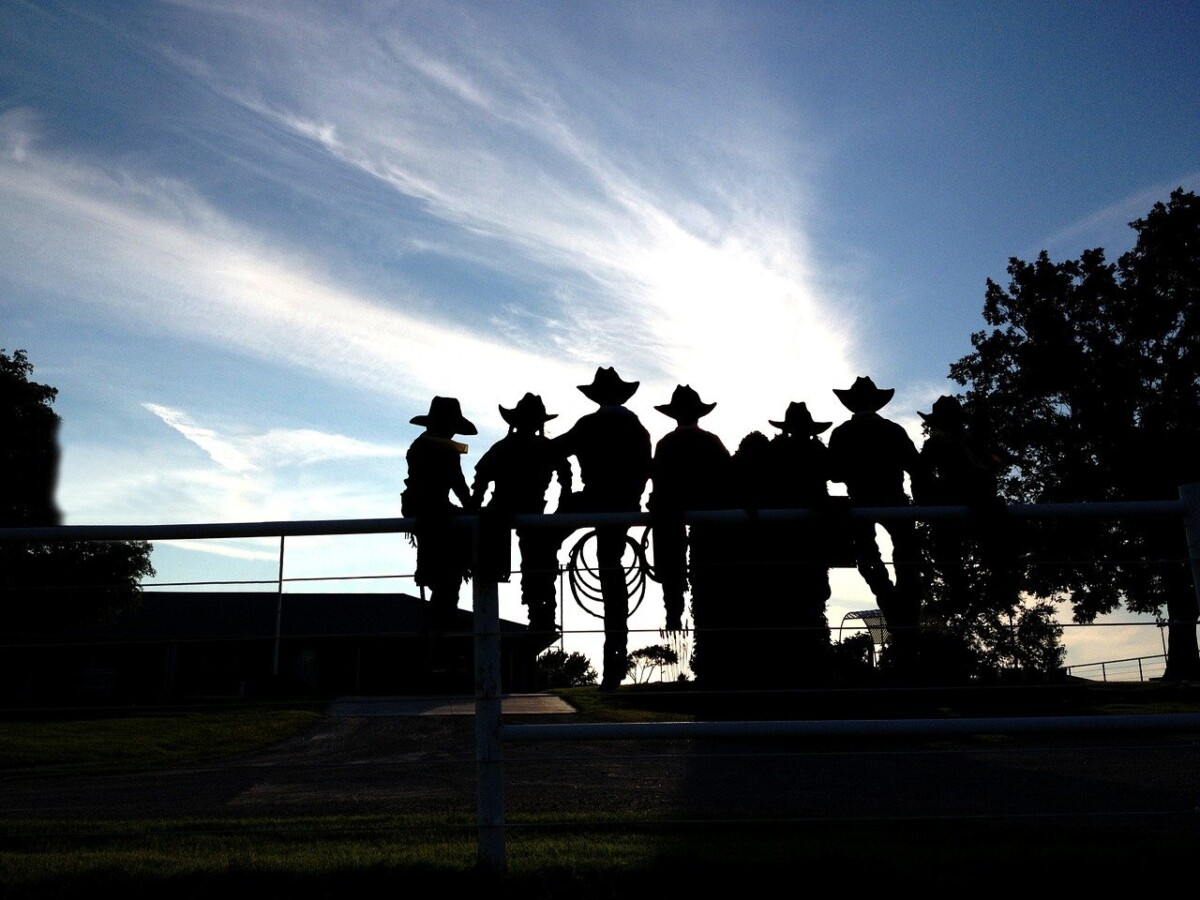Drawing inspiration for fundraising from Muhammad Ali
It’s hard to know where to start writing a blog about Muhammad Ali – he is so many different things to so many people. For some, he will be remembered for being the greatest boxer to grace the sport and the first boxer to become World Heavyweight Champion on three separate occasions. For others it will be his political views and his role as an activist, philanthropist and charity ambassador that make him stand out.
However, I will remember him for his many wonderful quotes and soundbites. As quick with his wit as he was with his fists, his inspirational quotes and poems have been widely circulated following his death. I have been looking through some of Muhammad Ali’s most memorable quotes to see what we can learn from them as fundraisers.
Here are seven quotes – one for each round of Ali’s first fight with Sonny Liston.
1. “It’s not bragging if you can back it up.”
Ali regularly described himself as the greatest boxer of all time. However, the title stuck when he started being able to back it up with facts. Stats, such as his win record (56 wins out of 61 fights) and his record of being the first boxer to win three World Heavyweight crowns meant people had to take Ali’s claim seriously.
External endorsements from other boxers, sportsmen, journalists and world leaders also helped. After all, it’s one thing for Ali to label himself the greatest but it gets taken to another level when people like George Foreman describe him as “the greatest”, and the BBC crown him Sports Personality of the Century.
In fundraising, organisations often boast and brag about their work without backing it up. Phrases like “leading”, “world renowned” and “innovative” get thrown around without any evidence. Look for opportunities to “back up your brag” – what are the facts and figures you can use? Who can you get to endorse your work? What can they say with credibility?
Advertisement
2. “It isn’t the mountains ahead to climb that wear you down. It’s the pebble in your shoe.”
At the beginning of each campaign the fundraising targets that we set ourselves (or are given) can often look like towering mountains that we must conquer. However, often it is not the target itself that provides the biggest challenge but the internal challenges that hold us back.
Before taking the first steps of any new campaign it is important to understand the internal and external contexts you are fundraising in. Carrying out SWOT and PEST analyses at the start of a campaign can help you identify any potential “pebbles in your shoe” and enable you to plan accordingly. Do you have the backing of everybody you need? Does your team have the right mix of skills and experience?
Do you have the resources and processes in place to manage a campaign of this size?
3. “Inside of a ring or out, ain’t nothing wrong with going down. It’s staying down that’s wrong.”
As a fundraiser, you will hear the word “no” more often than you would like – not even the greatest fundraisers (or boxers) have a 100% record! It is how you respond to that “no” that is important.
The first thing to determine is why the person has said “no”. A successful fundraising ask comes when the right person asks the right prospect for the right amount to support the right project at the right time. If any one of these factors is wrong then the prospect is likely to say “no”. You need to be able to judge what element is out of place and decide whether it is something that can be rectified.
You also need to remember that one person saying “no” is not a reason to give up on fundraising. Even with warm prospects your likelihood of success is going to be around 3:1 or 4:1. Plan your campaign carefully, taking into consideration the likely conversion rate and ensure you have enough prospects to make the campaign a success.
4. “Champions aren’t made in the gyms. Champions are made from something they have deep inside them: a desire, a dream, a vision.”
Fundraising is a skill and there are a number of rules and basic principles of which you should be aware. However, knowing the rules is not enough on its own to raise money. You also need to be passionate about the cause you are trying to raise money for. After all, if you can’t get yourself excited about your cause, how are you going to be able to excite others?
5. “The man who has no imagination has no wings.”
As well as passion, fundraisers need to be creative. This creativity is needed throughout every step of the stewardship process. Are you able to see your project or cause from every angle to match it to as many of your potential donors’ motivations? Can you express your case for support in an emotive and engaging way? How will you maintain a relationship with prospects and donors in a personal way? What creative and imaginative ways are there to thank a donor and engage them beyond their gift?
6. “A man who is not courageous enough to take risks will never accomplish anything in life.”
Fundraising should be seen as an investment, not an expense. There are very few ways of getting money for nothing and you will almost certainly have to invest some time and money before you see a return. As with most investments, the areas with the biggest risk often have the best returns. While Trusts and Foundations take relatively little time and money to apply to, more lucrative streams such as major donors or legacies need a greater level of financial investment and take longer to give a return.
As a fundraiser you need to take calculated risks, knowing that it might be 2 to 3 years before you see a return on your investment.
7. “I’ve made my share of mistakes along the way, but if I have changed even one life for the better, I haven’t lived in vain.”
Muhammad Ali was not perfect and much has been made of some aspects of his personal life. Similarly, fundraisers aren’t perfect. We will occasionally make mistakes, both individually and as a sector.
At a time when there is significant focus on the actions of charities, fundraisers need to be sure that every action they take is designed to improve the lives of the people around them. This doesn’t just mean the beneficiaries of your organisation’s work – your work should also have a positive impact on the lives of the donors and prospects you engage with.
There are many more inspirational quotes from Muhammad Ali. Which quotes do you take inspiration and motivation from? How can they be applied in a fundraising setting?
David Burgess, Fundraising Consultant
@davidburgessFR






